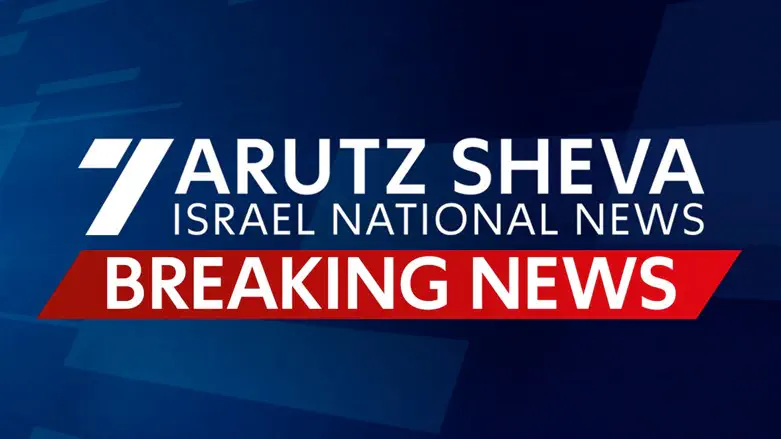Eight months after the fall of Bashar Assad, Syria faces a complex and fragile transition, marked by renewed violence and deepening divisions. Clashes in the southern province of Suweida between Druze militias and pro-government fighters have displaced thousands and highlighted the country's vulnerability to sectarian and ethnic fragmentation. Diplomatic efforts, including talks between Israeli and Syrian officials, have sought to stabilize the situation, but sporadic fighting and shortages of essential goods persist.
Analysts argue that Syria's divisions are not simply sectarian, but reflect a mosaic of political ambitions, local autonomy movements, and outside influences. The emergence of semi-autonomous zones, such as Druze-controlled Suweida and Kurdish self-administration in the northeast, threatens to undermine national unity. Meanwhile, fear and mistrust linger among Alawite communities, who have suffered reprisals since Assad's downfall.
Efforts to integrate rival factions into a cohesive state have been complicated by competing interests, foreign intervention, and fragile ceasefires. Experts say that genuine reconciliation, political inclusion, and credible security guarantees are essential to prevent Syria from drifting into permanent partition. International actors are urged to support a Syrian-led process that prioritizes rights, representation, and stability.
Despite the risks, there remains hope that Syria can move beyond division. The path forward, analysts suggest, lies in cooperation, education, and leadership capable of fostering reconciliation and dispelling sectarian narratives.

 image sourced from original article at
image sourced from original article at 


